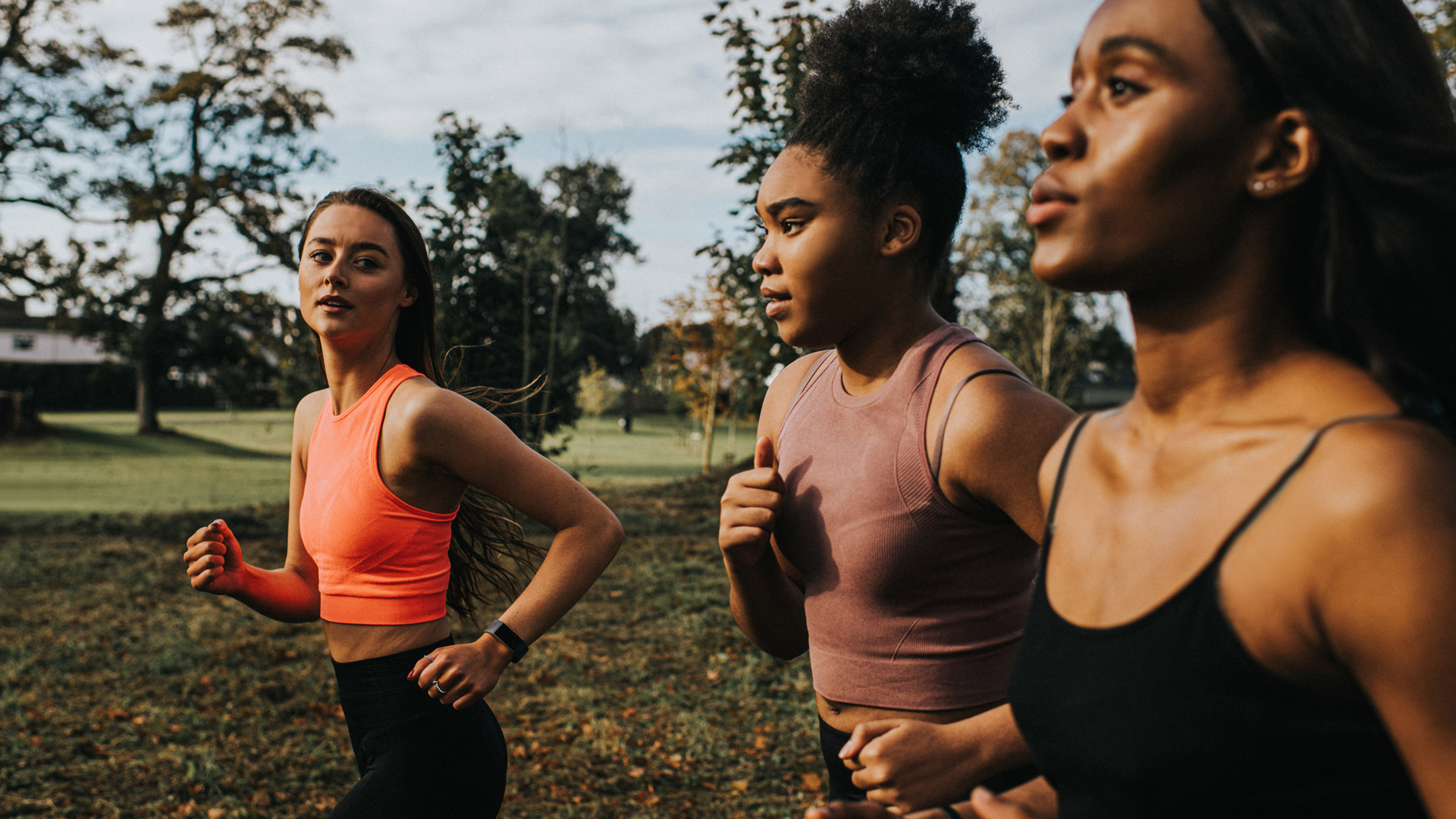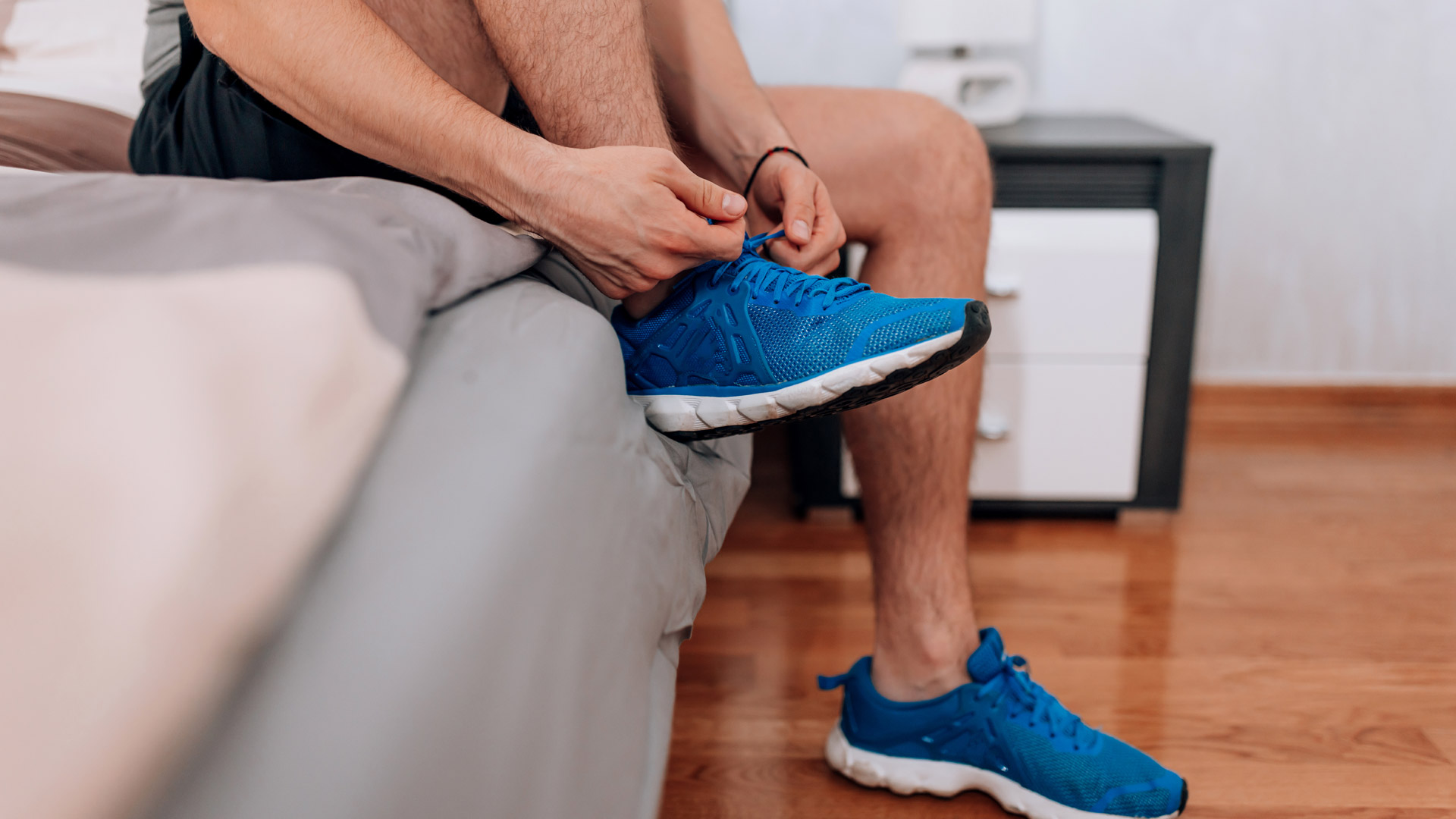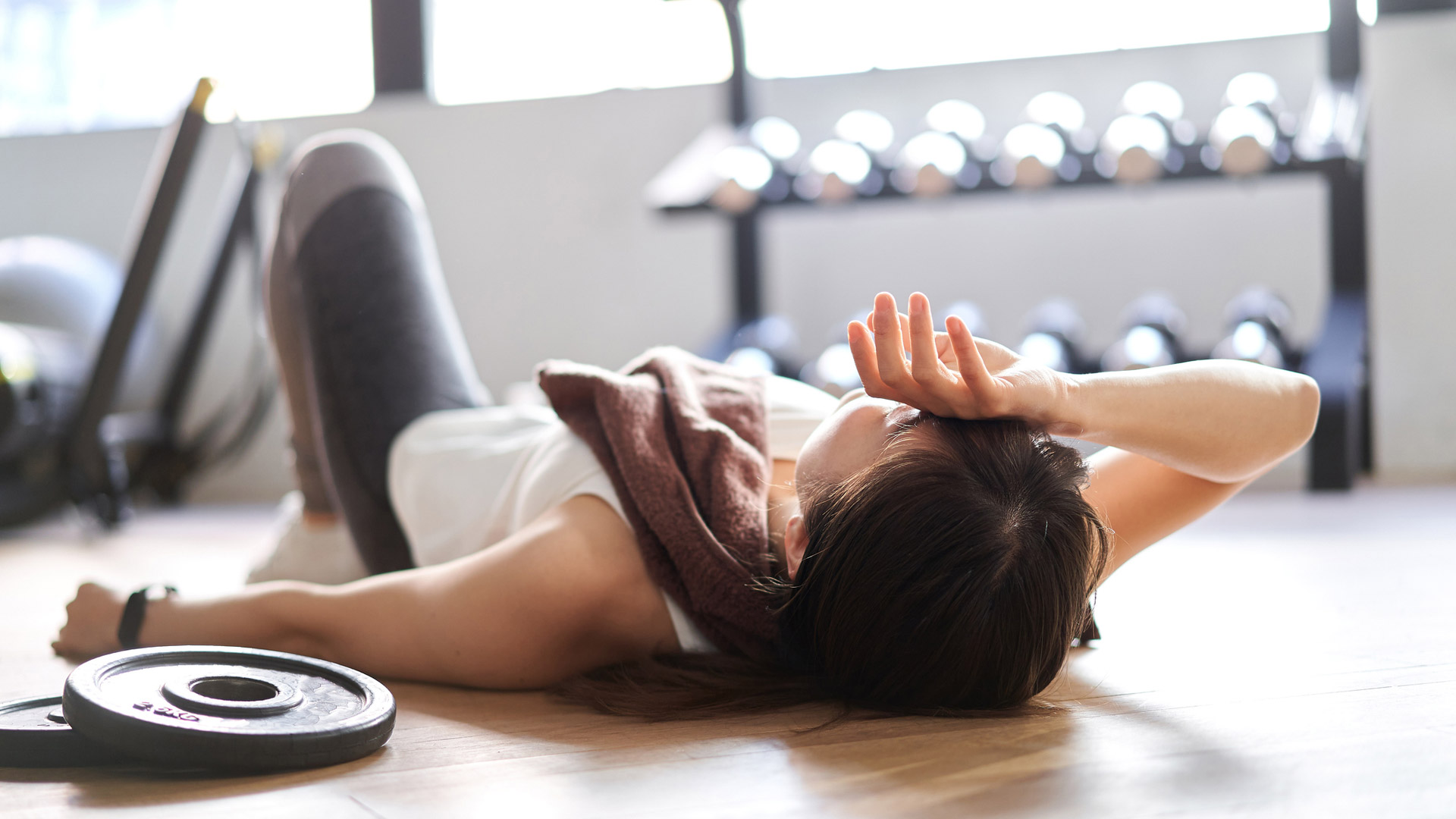
Whether you’re a casual exerciser or a seasoned athlete, you probably wouldn’t mind adopting foolproof, healthy hacks to improve your physical abilities. Perhaps you already have a few in your toolkit, such as cross-training and staying on top of your protein intake and hydration status.
Yet there’s one in particular that’s completely free and proven to improve everything from endurance and reaction time to muscle recovery, as well as providing countless benefits for your overall health. In case you haven't guessed, it’s simply getting enough sleep – and sleeping well, at that (ideally on the best mattress for your sleep requirements).
Read on to discover how the quantity and quality of your sleep can either help or hinder your physical performance and overall fitness regimen.
The relationship between sleep and exercise
A bidirectional relationship exists between sleep and exercise. Not only can exercise improve sleep by helping to regulate your circadian rhythms (aka biological clock or sleep-wake cycles) and assisting thermoregulation to induce sleep, but getting enough shuteye can also benefit your physical performance in a number of ways.
How can sleep improve physical fitness?
According to licensed clinical psychologist and board-certified behavioral sleep medicine specialist Shelby Harris, PhD, good sleep can result in a slew of benefits related to physical fitness, including focus, endurance, and recovery.
“Sleep is very important for muscle recovery, your best cognitive function, and keeping your hormones balanced,” she explains. Logging enough quality sleep, she continues, canallow your body to release growth hormones (which stimulate energy systems that support muscle and cardiovascular function), replenish glycogen stores (to increase your capacity to exercise and offset fatigue), improve concentration and reaction time, increase testosterone levels and enhance confidence and overall physical performance.
A large body of research demonstrates the benefits of improving sleep duration in athletes. A 2017 review published in Current Sports Medicine Reports notes that increases in sleep duration and quality alike are linked to improved performance, competitive success, and a lower risk of injury and illness in athletes. As such, adequate sleep can optimize health, enhance athletic output, and boost participation during training.

More specifically, a range of studies have investigated the impact of set hours of sleep amongst different types of athletes:
A small 2019 study (of 9 participants) found that cyclists and triathletes maintained better endurance after extending their usual sleep time by 30 percent over 3 nights, concluding that they should sleep more than 8 hours per night to optimize performance.
A small 2011 study (of 11 participants) found that men’s college basketball players who slept for more than 10 hours a night for up to 7 weeks experienced faster sprint times, improved shooting accuracy, increased vigor, and a stronger sense of physical and mental well-being during practice and games.
A small 2015 study (of 12 male and female participants) found that college tennis players who increased their sleep by approximately 2 hours, to sleep at least 9 hours daily (including naps) for a week, significantly improved their serving accuracy.
By and large, athletes and those who train rigorously will require more sleep than most people, due to their extensive output and subsequent heightened requirements for recovery. Still, these results show just how crucial getting enough quality sleep truly is, when linked to various markers of physical performance and well-being.
How can poor sleep negatively impact physical performance?
Anyone who’s struggled with a lack of sleep and/or disrupted sleep is sure to know that they don’t function at their best the day after. (Perhaps you experience trouble concentrating, stress, irritability, adverse changes in appetite… or a mix thereof.) So it’s no surprise to learn that sleep deficits and poor sleep quality can hinder exercise performance and then some.
“Not getting enough sleep can affect your decision-making during workouts, make physical activities feel more tiring than they generally should be, and make it harder for your muscles to recover,” Dr. Harris explains.
Plus, if you’re seeking specific gains — including, but not limited to, muscle growth and improved personal records for speed or accuracy — both short- and long-term sleep deficits can stack the odds against you. “Overall, bad sleep makes it harder for your body to adapt and get stronger from the exercise you do,” the sleep expert continues.

Frequent sleep issues will take a hit on your health in general, creating a domino effect that can hinder your athletic abilities.
“This could include feeling tired all the time, being more likely to have impaired decision-making and reaction times while working out where you could get hurt, and having trouble with performing at your best both physically and mentally,” says Dr. Harris. “Poor sleep can also disrupt your hormones and weaken your immune system, making it harder for you to get the most out of your workouts and increasing the risk of you getting sick.”
Disturbed sleep can affect everyone from occasional joggers to elite athletes. For instance, a 2022 study published in the journal Frontiers in Physiology investigated 10 NBA seasons’ worth of data to see how jet lag affected pro basketball players’ performance and game outcomes. Home teams subjected to eastward jet lag (i.e., in which they ‘lost’ time and played in direct opposition to their biological clock) were linked to:
- Reduced wins
- Fewer points scored
- Fewer rebounds
- Less effective field goal percentages
The researchers concluded that this type of circadian rhythm disruption — which involves impaired sleep quality — may have significant consequences on both game performance as well as recovery.
The bottom line
In short, if you want to improve pretty much any marker of athletic performance as well as facilitate recovery thereafter, it’s imperative to prioritize sleep as best you can. “To stay healthy and perform your best while exercising, it's important to get enough good quality sleep every night,” Dr. Harris reiterates. Doing so won’t only support the likes of vigor, speed, endurance, and reaction time — but also more generally promote hormonal health, immune function, and physical and mental well-being.

Even one night of poor rest can throw your exercise regimen or sports performance off track. In these cases, it’s best not to exert yourself too much as you may heighten the risk of injury and adverse outcomes. “Getting a bad night's sleep can make you tired the next day and affect how well you exercise, but an easy fix for this is to make sure you get enough rest that night and the nights following,” says Dr. Harris.
Of course, sleeping well is often easier said than done, namely if you have a history of sleep issues. In addition to following healthy dietary, lifestyle, and sleep hygiene practices, it’s best to consult your physician or a sleep specialist if you struggle with sleep regularly. This will benefit both your physical performance and overall health, helping you to score wins at the gym, during sports, and wherever else life takes you.







